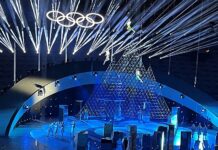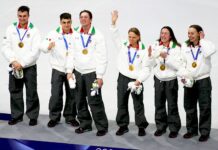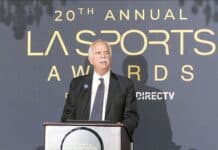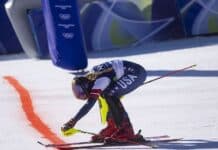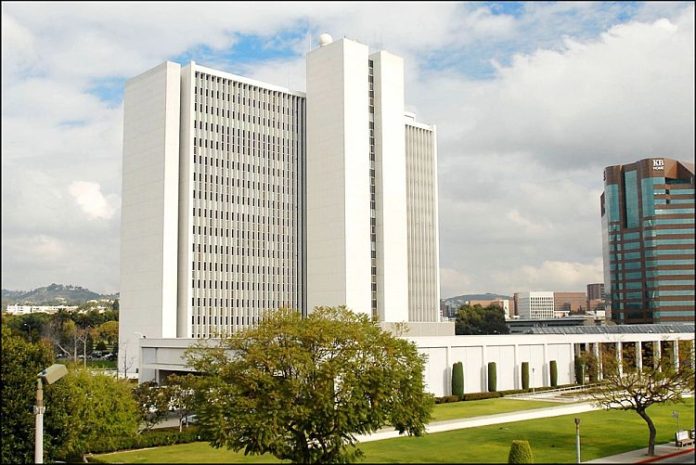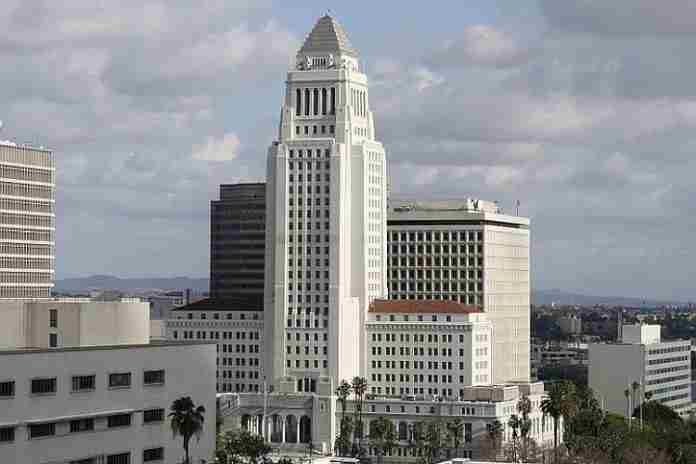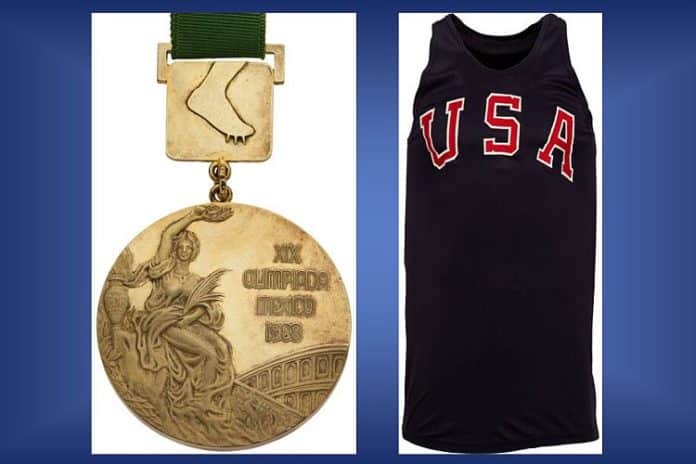★ The Sports Examiner: Chronicling the key competitive, economic and political forces shaping elite sport and the Olympic Movement.★
★ To get the daily Sports Examiner Recap by e-mail: sign up here! ★
≡ “AMERICAN DECADE OF SPORTS” ≡
“A plan to partner with local host cities, diaspora communities, creatives, athletes, the sports industry, private sector entities, human rights organizations, and civil society stakeholders surrounding the competitions for the purpose of showcasing United States national strengths and forging new diplomatic connections.”
That’s the core of H.R. 5021, the “American Decade of Sports Act,” introduced by second-term Rep. Sydney Kamlager-Dove (D-California), from Los Angeles, on Friday (22nd), along with 23 co-sponsors (11 Republicans, 12 Democrats).
The bill refers to recent and upcoming events, including the “2024 Copa America, 2025 Club World Cup, 2026 FIFA World Cup, 2028 Summer Olympics and Paralympics, the 2031 Men’s and 2033 Women’s Rugby World Cup, and the 2034 Winter Olympics and Paralympics” and seeks specific action from the U.S. State Department, “to leverage sporting events to advance various diplomatic lines of effort, including by:
● “(A) integrating sports diplomacy into regional bureaus’ bilateral engagements and efforts to pursue new areas of cooperation with foreign partners;
● “(B) integrating sports into public diplomacy to reach new foreign audiences that might not otherwise engage with United States embassies abroad; and
● “(C) leveraging sports diplomacy to advance commercial diplomacy.”
New engagement opportunities, commercial programs, international sports partnerships and sports diplomacy projects and tourism concepts are all to be encouraged.
This specific effort is to be “for the purpose of showcasing United States national strengths and forging new diplomatic connections” and requires an initial five-year plan from 2025-29 and then a second, 2030-2034 plan. Further, a new “Office of Sports Diplomacy” is to be formed, using about 18 dedicated staff for the project, which can be re-assigned State Department employees.
The new unit would report to the Deputy Assistant Secretary for Professional and Cultural Exchanges in the Bureau of Educational and Cultural Affairs, Nicole Elkon.
The bill also directs direct, State Department action on two areas which were also high governmental priorities at the 1984 Olympic Games in Los Angeles:
● “A plan to ensure an expeditious and secure visa process for athletes and their families and support staff and eligible international visitors planning to travel to the United States to attend the games, including reducing visa appointment wait times.”
● “Any plans to deploy domestic public diplomacy resources, such as the Cultural Unit and Foreign Press Center established during the 1984 Olympic Games, to enable foreign visitors to engage with American culture and values.”
A State Department Cultural Unit – with two staff – was established in Los Angeles from 1963-68, “to better engage the creative community there and advise on international visitor support in Southern California.”
The Foreign Press Center in Los Angeles was a project of the now-shuttered U.S. Information Agency (1953-99) and was opened in 1982 to support the growing foreign entertainment press corps in L.A. and provide a West Coast complement to the existing – and still operating – Foreign Press Centers in New York (opened 1946) and Washington, D.C. (1968). The Los Angeles branch was closed in 2008.
During the 1984 Games, the Los Angeles Foreign Press Center offered support for news media who were not accredited for the Olympic Games but wished to cover Los Angeles during the Games.
H.R. 5021 was referred to the House Committee on Foreign Affairs, of which Kamlager-Dove is a member. The Committee Chair, Michael McCaul (R-Texas) is a co-sponsor.
Observed: This bill could formalize the sports diplomacy effort within the U.S. State Department and with the continuing expansion of U.S. professional sports leagues around the world, could create smoother opportunities for new business projects.
For upcoming events such as the 2026 FIFA World Cup (and the to-be-awarded 2031 FIFA Women’s World Cup), 2028 Olympic and Paralympic Games, the Rugby World Cups and the 2034 Winter Games, the bill is already late. However, it offers great possibilities for two entities:
● U.S. Olympic & Paralympic Committee: The USOPC already does its own international relations outreach, but this could be substantially expanded in cooperation with the U.S. government, especially to involve some of the National Governing Bodies whose sports may be most popular outside the U.S.
● City of Los Angeles: The City of Paris undertook a massive, €15 million (~$17.58 million U.S.) media support effort in its Paris Media Centre, with 40 days of programming, 350 events including news conferences and tours, a 250-seat auditorium, 300-station workroom, radio and television studios (5), in-Paris stand-up positions and more.
Los Angeles, in the midst of a deep financial crunch, could use Federal help for its own effort and a joint program with the State Department, County of Los Angeles and State of California makes enormous sense.
But the bill, even with bi-partisan support, has to get through, and then there are the questions of funding, staffing and time available to implement any kind of program.
¶
★ Receive our exclusive, weekday TSX Recap by e-mail by clicking here.
★ Sign up a friend to receive the TSX Recap by clicking here.
★ Please consider a donation here to keep this site going.
For our updated, 699-event International Sports Calendar for 2025, 2026 and beyond, by date and by sport, click here!











